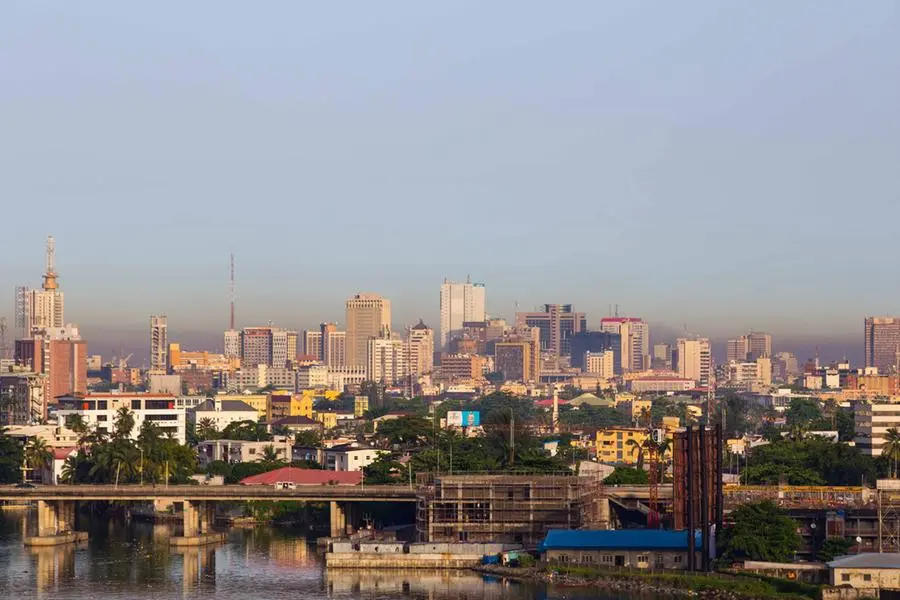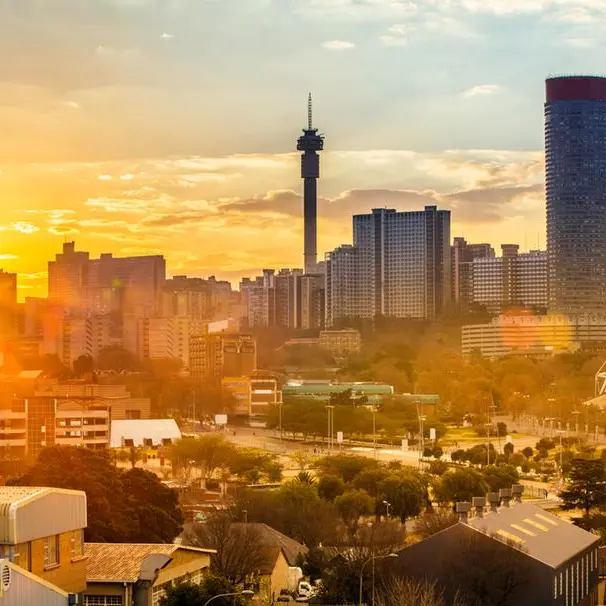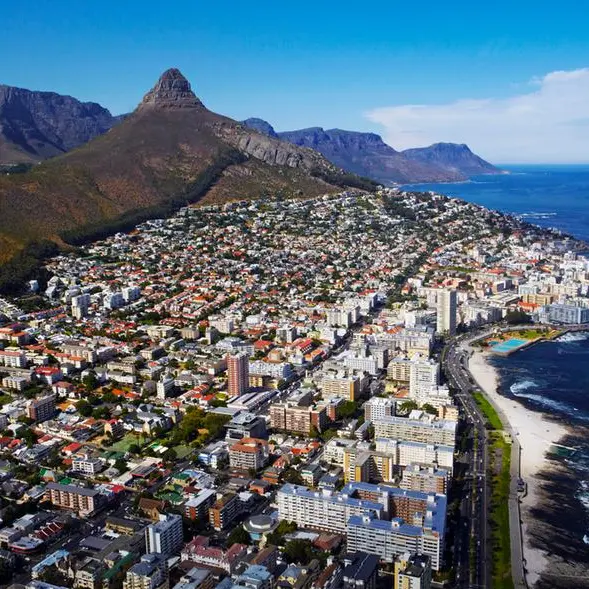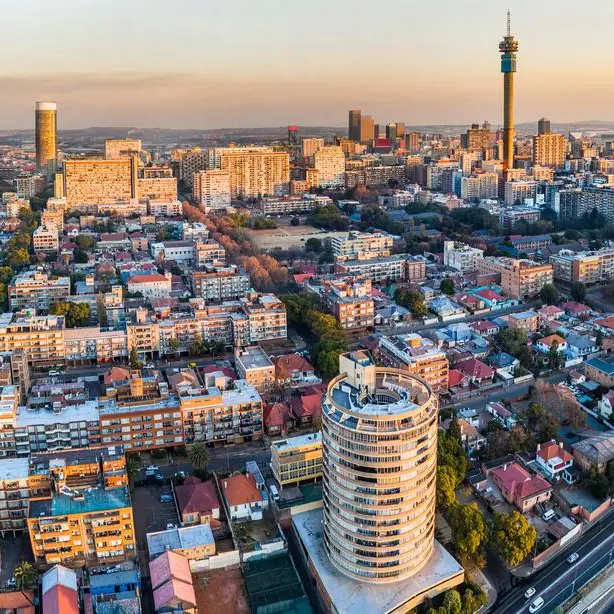PHOTO
THIS would appear to be a season of the dearth of cheery news for Nigeria. Virtually on all fronts (security, economy, politics, social justice, etc), it is all about news that is unsettling and disturbing. Recently, the National Bureau of Statistics (NBS) released its report on capital importation into the country for the four quarters of 2022 and, as usual, it was bad news. The report stated that the value of foreign capital investments in the country fell by 20.5 percent year-on-year, from $6.7 billion in 2021 to $5.33 billion in 2022. And even more worrisome is the distribution of the quantum of foreign capital inflow that the subnationals were able to attract. For instance, only a quarter (9) of the thirty six states of the federation and the Federal Capital Territory (FCT) attracted any form of foreign capital investments in 2022. The damning implication of this report is that 27 subnationals brought nothing to the table by way of fresh foreign capital inflow during the period under review, being totally ignored by foreign investors. This state of affairs does not bode well for a country that is struggling at all levels of government with internally generated revenue and the dearth of foreign exchange. It is an ugly trend that must be promptly addressed.
It should also be noted that one state, Lagos, attracted 68 percent of the value of the country’s total capital importation in 2022. And ironically, while the totality of the country’s foreign capital investments declined between 2021 and 2022, that of Lagos State actually increased from $2.21 billion to $3.6 billion during the same period. Again, it is worrisome that of the 27 states that were ignored by foreign investors in 2022, eight had also failed to attract any foreign investments in the last four years (2019 -2022). The damning report from the NBS casts a slur on whatever achievements many of the governors have ascribed to themselves. They spent scarce state resources in the name of attracting foreign investors. Indeed, they should be held to account for the humongous resources they expended on fruitless foreign trips under the pretext of shopping for foreign funds. It is saddening that many of the governors would rather globe-trot aimlessly instead of striving to provide a conducive environment for investments which is usually signposted by ease of doing business.
While the Federal Government claims to be working hard to improve the ease of doing business in the country, only few of the subnationals have done fairly well in that regard. Yet, foreign capital importation is a measure of the value of fresh investments that flowed into a country’s economy over a period of time. And more significantly, its size reflects the level of confidence foreign investors have in a country’s economy. Since the owners of capital, whether foreign or local, are rational and seldom invest based on sentiments, capital tends to flow to places where it is safe and returns are high. The implication is that these conditions must be right for capital to go to any destination. Meanwhile, insecurity, multiple taxation and infrastructure deficit are still veritable issues militating against the desire of many foreign investors with huge portfolios and genuine intentions to invest in the country. And this may continue unless and until governments at all levels become intentional and deliberate about fixing the issues around the ease of doing business and, more significantly, improve the security situation in the country.
The Nigerian Ambassador to Mexico, Mr. Adejare Bello, has this to say about the continued dwindling attractiveness of Nigeria to foreign investors: “Restoring security in the country is a prerequisite for productive investment. Mexican investors were willing to invest heavily in Nigeria’s economy but for the prevailing security situation in the country. The embassy receives frequent inquiries from investors on possible areas of collaboration between both countries but all these efforts to attract foreign investments are being thwarted by the news of insecurity.” The ambassador’s comments point in the direction of insecurity as perhaps the most significant and veritable issue causing the dwindling attractiveness of Nigeria as an investment destination. The fact that many states, especially in the North where insecurity is pronounced, featured prominently on the list of subnationals that did not attract any foreign investments in 2022 succinctly reflects the adversarial impact of insecurity on foreign inflows. Funds do not habitually flow into destinations where peace is lacking.
We urge all the states of the federation to genuinely prioritise and work seriously on enhancing their attractiveness as investment destinations. This they should do by improving the ease of doing business and reining in security challenges in their various locations.
Copyright © 2022 Nigerian Tribune Provided by SyndiGate Media Inc. (Syndigate.info).





















